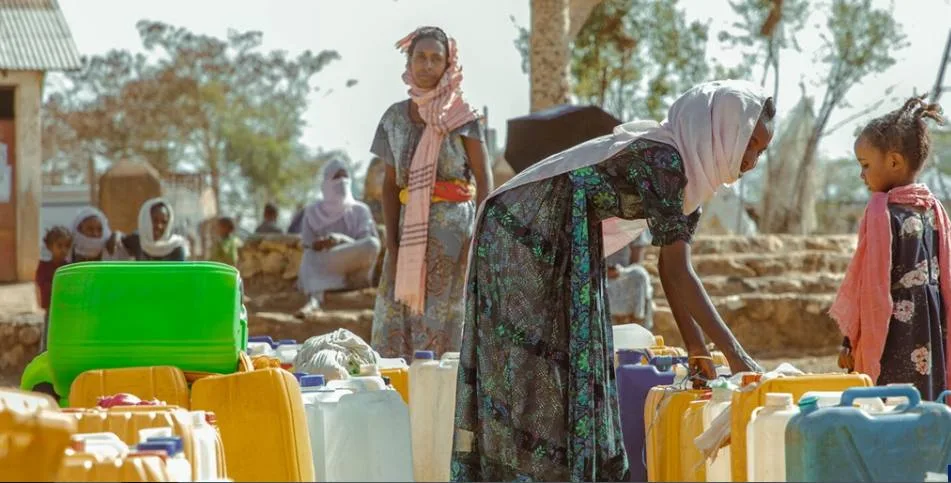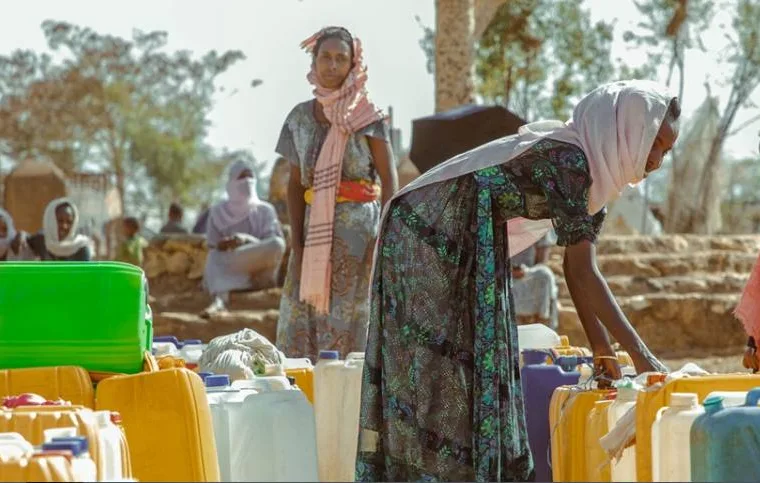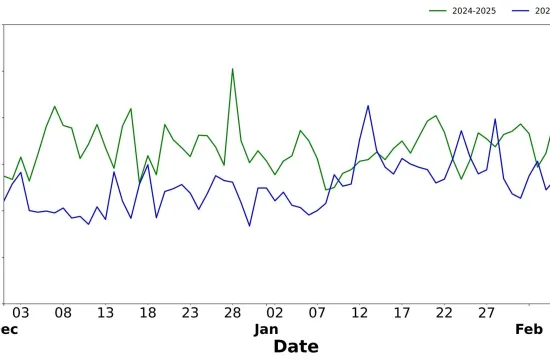
Geneva, 29 October 2025 — A major new report has warned that the world’s failure to curb fossil fuel use and adapt to rising global temperatures is already costing millions of lives annually, straining health systems, and undermining economies.
The 2025 Lancet Countdown on Health and Climate Change, released in collaboration with the World Health Organization (WHO), finds that 12 of 20 key health indicators linked to climate change have reached record levels. The report underscores that climate inaction is no longer a distant threat but a present-day health emergency.
“The climate crisis is a health crisis. Every fraction of a degree of warming costs lives and livelihoods,” said Dr Jeremy Farrar, WHO Assistant Director-General for Health Promotion and Disease Prevention.
“Climate action is also the greatest health opportunity of our time. Cleaner air, healthier diets, and resilient health systems can save millions of lives now and protect future generations.”
“Communities and local governments are already proving that progress is possible,” said Dr Marina Romanello, Executive Director of the Lancet Countdown at University College London.
Key Findings
- Heat-related deaths: Mortality linked to extreme heat has risen 23% since the 1990s, with an average of 546,000 deaths annually. In 2024, the average person endured 16 days of dangerous heat attributable to climate change, with infants and older adults facing more than 20 days each — four times higher than two decades ago.
- Food insecurity: Droughts and heatwaves in 2023 left an additional 124 million people facing moderate or severe food insecurity.
- Economic losses: Heat exposure caused the loss of 640 billion potential labour hours in 2024, equivalent to US$ 1.09 trillion in productivity. Heat-related deaths among older adults cost an estimated US$ 261 billion.
- Fossil fuel subsidies: Governments spent US$ 956 billion on fossil fuel subsidies in 2023 — more than triple the annual climate finance pledged to vulnerable nations. In 15 countries, fossil fuel subsidies exceeded national health budgets.
- Benefits of action: Between 2010 and 2022, reduced coal-related air pollution prevented 160,000 premature deaths annually. Renewable energy reached 12% of global electricity generation, creating 16 million jobs. By 2024, two-thirds of medical students had received training on climate and health.
Calls for Urgent Action
“Communities and local governments are already proving that progress is possible,” said Dr Marina Romanello, Executive Director of the Lancet Countdown at University College London. “Rapidly phasing out fossil fuels in favour of clean renewable energy and sustainable food systems could save over 10 million lives a year while cutting pollution and greenhouse gases.”
The report highlights that while some governments have slowed climate commitments, cities, communities, and the health sector are leading the way. Nearly all reporting cities (834 of 858) have completed or are planning climate risk assessments.
The health sector itself has cut greenhouse gas emissions by 16% between 2021 and 2022, while improving care quality. WHO data show that 58% of Member States have completed health vulnerability assessments, and 60% have finalized national health adaptation plans.
Looking Ahead to COP30
As the world prepares for COP30 in Belém, Brazil, the Lancet Countdown report provides a critical evidence base for placing health at the centre of climate negotiations. WHO will release a COP30 Special Report on Climate Change and Health, outlining the policies and investments needed to protect health and equity under the forthcoming Belém Action Plan.
Now in its ninth year, the Lancet Countdown — led by University College London in partnership with WHO, Wellcome, and 71 academic institutions and UN agencies worldwide — remains the most comprehensive assessment of the health impacts of climate change and the co-benefits of urgent action.







